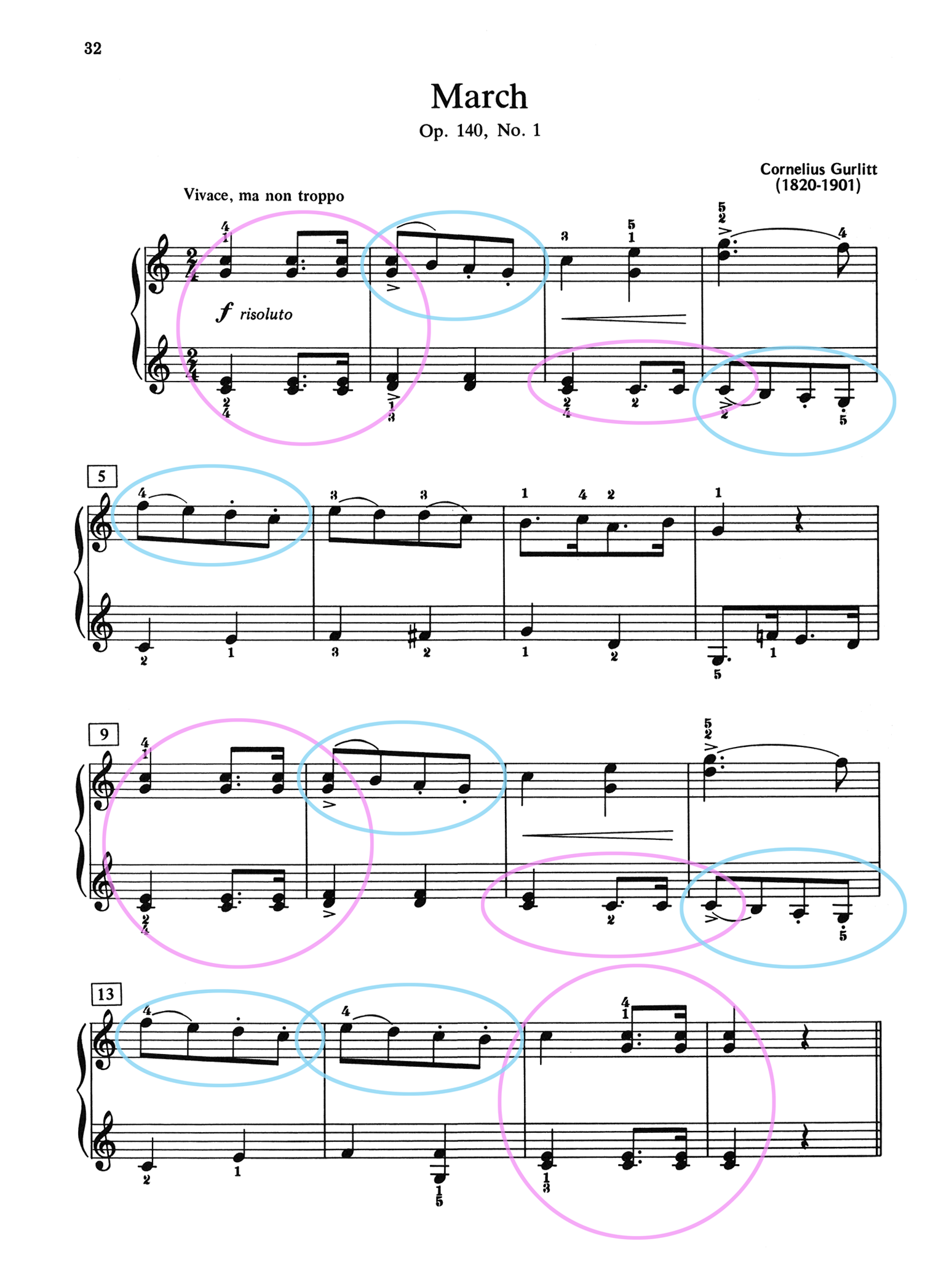
A superior technique, a wonderful singing piano tone, the strength of a Titan, but not at all hard due to the incomparably gentle elasticity of his touch”.

In the 1930s, audiences and the press alike raved about Theopold’s extraordinary gifts as a pianist: “This young player has it in him to soon become one of the best players in Germany. As a member of the Chamber Music Association of the State Opera in Berlin (from 1933) he also gave countless chamber music concerts, including ones with his violin partner Gustav Havemann (1882–1960). After completing his piano studies (graduating with “very good”) in 1928, he began an active solo career both at home and abroad (USA, Switzerland, Scandinavia, the Baltic states, the Balkans). Following the successful completion of his schooling at the Gymnasium Leopoldinum in Detmold, he went on to study music and piano (main subject): from 1922–23 at the “Württembergische Hochschule für Musik” in Stuttgart (with Max Pauer, 1866–1945) and then from 1923–1928 at the “Staatliche Akademische Hochschule für Musik” in Berlin-Charlottenburg (with Richard Rössler, 1880–1962, and Waldemar Lütschg, 1877–1948). At the age of 17 he made his debut at the Landestheater in Detmold with Ludwig van Beethoven’s Piano Concerto in C major under Friedrich Quast (Herford). Even as a child he often played the organ in the “Marktkirche” and soon began to take piano lessons with Theodor Vehmeier. Hans-Martin Theopold, was born to a pastor’s family in Detmold on 22 April 1904, the youngest of five children.

38įröhlicher Landmann, von der Arbeit zurückkehrend op.



 0 kommentar(er)
0 kommentar(er)
